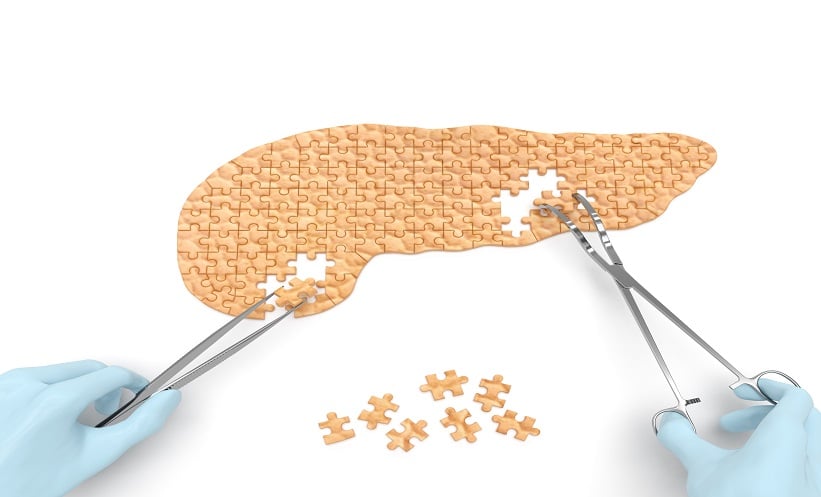A FASCINATING study examining over 2,300 patients has unveiled promising new genomic biomarkers that could improve prognosis and treatment strategies for pancreatic ductal adenocarcinoma (PDAC), one of the deadliest forms of cancer. The research, which spanned patients across all stages of the disease, identified significant genetic features that could predict survival outcomes.
The study highlights the key role of KRAS mutations, which are present in nearly all PDAC cases. Specifically, researchers found that a subtype of tumours that lack KRAS mutations (KRAS wild type) was associated with early disease onset and a distinct set of genetic features. These patients also exhibited notably better overall survival rates compared to those with KRAS mutations.
Another pivotal discovery was the identification of allelic imbalances at the KRAS locus. In 20% of KRAS-mutated tumours, researchers observed an increase in KRAS mutant allele dosage. This gain was linked to more advanced disease stages and could serve as a prognostic marker for patient outcomes across various stages of PDAC.
The findings also provide critical insights into potential resistance mechanisms to RAS-targeting therapies, which are rapidly emerging in cancer treatment. With the growing landscape of KRAS-targeted treatments, understanding these genetic factors could shape future clinical strategies and improve personalized therapies.
By offering a more nuanced understanding of how KRAS mutations and their variations influence PDAC progression, this study provides a valuable roadmap for improving both prognosis and therapeutic approaches for patients with this challenging disease.
Helena Bradbury, EMJ
Reference
Varghese AM et al. Clinicogenomic landscape of pancreatic adenocarcinoma identifies KRAS mutant dosage as prognostic of overall survival. Nat Med. 2025;DOI: 10.1038/s41591-024-03362-3.








